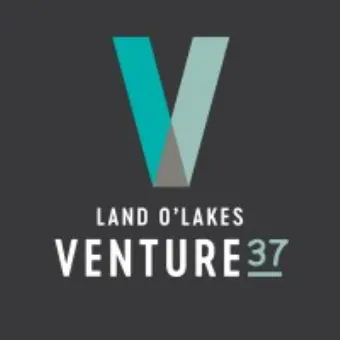Consultant Opportunity: Training on Gender Mainstreaming for public officers and private sector in the horticulture and aquaculture fisheries value chains in Rwanda and Uganda (Activities 1.2.4 and 2.1.7)

Land O'Lakes Venture37
- Outcome 1: Increased awareness of regulatory authorities on how to assess and use data / information generated by vTPA programme in Rwanda and Uganda.
- Outcome 2: Improved food safety compliance of food business operators (FBOs) in the horticulture and fisheries value chains based on the use of vTPA programme.
- Outcome 3: Increased awareness of food safety regulators on the application of vTPA approaches in other countries.
- Improve the knowledge of government regulators with reference to gender mainstreaming and responsiveness in ensuring national food control.
- Improve the knowledge of FBO owners, managers, and farmers with reference to gender mainstreaming and responsiveness in horticulture, aquaculture and food safety management.
- To design and lead a 3-day training (in each country) for regulators on the basics of gender mainstreaming, and development of gender sensitive policies in agriculture and food businesses with specific reference to voluntary third-party assurance programmes (vTPAs).
- To design and lead a 3-day training (in each country) for the private sector on gender responsiveness and inclusiveness in management of agriculture and food businesses with specific reference to voluntary third-party assurance programmes (vTPAs).
- Review of Documents: Undertake a review of relevant literature on gender and vTPA programs particularly the project report on gender analysis, the country roadmaps for use of vTPA data in National Food Control Systems, and the mapping the existence and use of vTPA programs in Rwanda and Uganda. These should provide the consultancy with an insight on the baseline awareness of the regulators about gender awareness and responsiveness.
- Preparation of Training materials: Undertake to prepare all the required training materials including presentations and assessments on the basics of gender mainstreaming, and development of gender sensitive policies, where available, the expert should take into consideration the STDF gender training material.
- Training of Regulators: Undertake physical training sessions in Rwanda and Uganda. The training sessions should be planned for a minimum of 3 contact days in each country, targeting a maximum of 40 public officials per country. The trainings should be conducted in a mode that facilitates adult learning since by default all the food safety regulators are presumed adults who have been out of the formal learning systems for several years.
- Reporting: Prepare a report of the training workshops for submission to the project coordinator with all presentations, attendance registers, evaluation record sheets and certificates attached.
- Review of Documents: Undertake a review of relevant literature on gender and vTPA programs particularly the project report on gender analysis, the country roadmaps for use of vTPA data in National Food Control Systems, and the report on mapping the existence and use of vTPA programs in Rwanda and Uganda. These should provide the consultancy with an insight on the baseline awareness of the private sector stakeholders about gender awareness and responsiveness.
- Preparation of Training materials: Undertake to prepare all the required training materials including presentations and assessments on gender responsiveness and inclusiveness in management of agriculture and food businesses, where available, the expert should take into consideration the STDF gender training material.
- Training of Regulators: Undertake physical training sessions in Rwanda and Uganda. The training sessions should be planned for a minimum of 3 contact days in each country, targeting a maximum of 40 private sector stakeholders per country. The training should be conducted in a mode that facilitates adult learning since by default all the private sector participants are presumed adults who have been out of the formal learning systems for several years.
- Reporting: Prepare a report of the training workshops for submission to the project coordinator with all presentations, attendance registers, evaluation record sheets and certificates attached.
- Two separate detailed training plans with clear concept, detailed agenda, and timelines for the two training groups (regulators and the private sector).
- Distinct training materials including power point presentations and assessment exercises for the two groups.
- Certificates for the course trainees (the regulators and the private sector)
- Training reports (one for the public officers and the other for the private sector) also detailing any recommended follow on activities and /or training topics
- Advanced University degree in Gender, Social Work, Community development, Economics or a related field.
- Minimum 15 years of professional work on gender mainstreaming, community development, equity, social inclusion, and experience related to conducting and/or developing gender assessments, plans or strategies for projects
- Minimum 10 years of proven experience teaching and training on gender, social work, adult education, and related subject matter areas.
- Experience working with high level government officials
- Experience in applying participatory tools especially when collecting information from farmers and other stakeholders
- Excellent training and presentation skills in English
- Knowledge of the local languages of Uganda and Rwanda will have an added advantage





